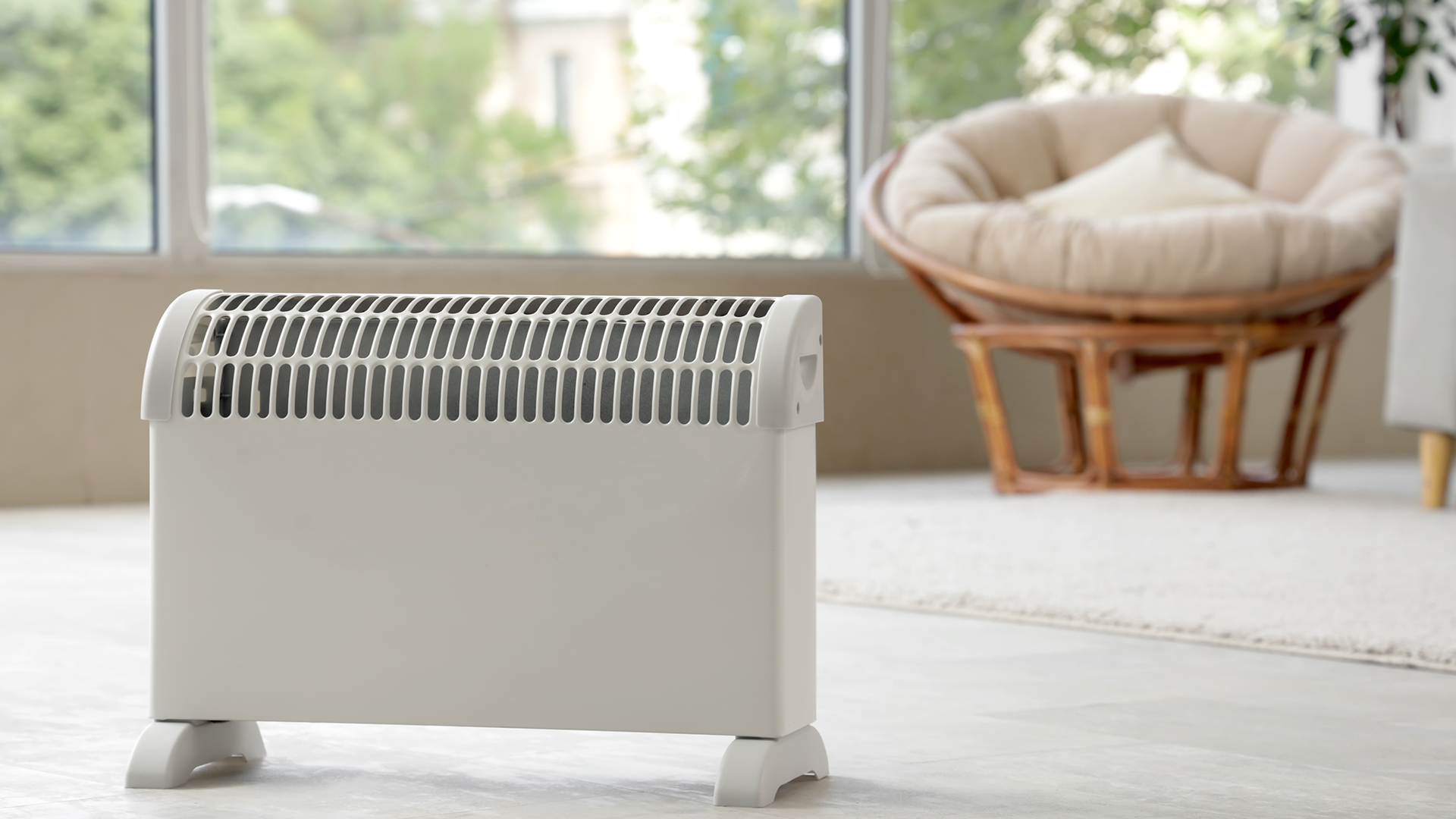As temperatures begin to drop, many homeowners start to think about how to make their homes warmer, safer, and more efficient for the winter months ahead. Preparing early is not just about comfort. It is also about protecting your home from damage, reducing energy waste, and avoiding unexpected expenses during the coldest weeks of the year.
In Egypt and across the region, where homes are built for long summers and mild winters, a few practical steps can make a major difference in maintaining warmth and efficiency. Winter-proofing is not a renovation. It is a seasonal routine that helps your property perform better and stay comfortable all year round.
Inspect and Seal Windows and Doors
In the winter, poorly sealed windows and doors are among the quickest ways to lose heat. Drafts from even tiny openings can strain heating systems and raise energy costs.
Start by looking for obvious cracks or loose seals around the edges of windows and doors. Insulation is already failing if there is a slight breeze when everything is closed.
One inexpensive way to quickly stop air leaks is to use weatherstripping. Frames with rubber or silicone seals help keep the interior warm and ease the burden on heaters. Double glazing or thermal curtains can significantly increase insulation for older wooden or aluminum windows.
A simple inspection with a candle or incense stick near window edges can reveal where air is leaking. The more airtight your home is, the more stable and comfortable the temperature will stay, even without increasing energy use.
Service Your Heating System Early
During the warmer months, heating systems are frequently neglected. Because of this, many households don’t realize they have problems until the first cold wave hits. In every case, preventive maintenance is more economical and efficient than emergency repairs.
Examine your radiator, boiler, or heater system before winter arrives. Verify that thermostats are operating correctly, vents are clear, and air filters are clean. Once a year, a professional inspection can find hidden problems like blocked lines, inefficient burners, or gas leaks.
If your home relies on portable electric heaters, test them early and ensure cables and sockets are in good condition. For gas heaters, proper ventilation is essential to prevent carbon monoxide buildup. Keeping heating systems in good shape also extends their lifespan, reduces energy consumption, and ensures consistent performance through the season.
Protect Water and Plumbing Lines
Frozen or burst pipes are among the most disruptive things. Even though Egypt rarely experiences extreme cold, exposed or outdoor plumbing can still be impacted by sudden temperature drops.
Start by checking the roof water lines, garden hoses, and outdoor taps. Pipes that are directly exposed to the cold should be covered with wrapping tape or foam insulation sleeves.
To get rid of sediment buildup in water heaters, drain and flush the tank. This lowers the possibility of rust or leaks and improves the system’s ability to heat water.
Make sure the water flows smoothly through all floors of your multi-story home by checking the pressure valves.
Homeowners who travel frequently during winter should consider shutting off outdoor water lines entirely. A few minutes of preparation can prevent expensive plumbing repairs and unnecessary water loss later on.
Inspect Roofs, Gutters, and Drainage Systems
Until a problem is revealed by heavy rain, roofs and drainage systems are frequently neglected. Even minor obstructions or fissures can cause significant harm in the winter.
Clear the gutters of any leaves, dust, or nesting debris first. Verify that your home’s downspouts are diverting water away from the foundation and walls. Water that collects close to a building has the potential to erode it over time or seep into basements.
Visually check the roof for loose flashing around vents and chimneys, broken sealants, or missing tiles. You can avoid expensive leaks later by making a small repair before winter. Make sure the drains on flat rooftops are clear and angled slightly to let rainwater run off.
If you live in a villa or top-floor apartment, scheduling a professional waterproofing check every two to three years is recommended. This not only prevents leaks but also improves thermal insulation for the entire structure.
Maintain Indoor Comfort and Energy Efficiency
A winter-ready home is not only well-protected from the outside but also balanced from within. Energy efficiency begins with how you manage light, fabrics, and airflow indoors.
Thick curtains help retain warmth during cold nights, while rugs add a layer of insulation to tile or marble floors. Consider moving seating areas closer to sunlight during the day and using warm, layered fabrics instead of relying solely on heaters.
Smart thermostats or programmable timers can help regulate temperature and avoid unnecessary power consumption. Setting your thermostat just a few degrees lower when you are asleep or away can reduce energy use significantly without sacrificing comfort.
Air quality also matters. Using a humidifier or placing a few indoor plants can maintain balanced humidity, which helps the body feel warmer and prevents dryness.
A well-ventilated home feels fresher and healthier, even when sealed for warmth. Open windows briefly each morning to allow fresh air circulation and prevent condensation buildup.
Don’t Forget Safety and Maintenance Checks
Winter preparation goes beyond comfort. It is also a matter of home safety.
Check smoke detectors and carbon monoxide alarms to ensure they are working properly. Replace batteries if needed. For households using gas heaters or fireplaces, make sure chimneys and vents are clear of dust and soot.
Inspect electrical outlets and extension cords for signs of wear, especially if you plan to use multiple heaters. Avoid overloading sockets, and always switch off appliances before leaving the house.
Outdoor lighting and garden equipment should also be checked. Well-lit pathways and working motion sensors can reduce accidents during darker winter evenings.
A little prevention now can protect your home, your family, and your investment from risks that often go unnoticed until too late.
A Season of Prevention
Preparing your home for winter is not a luxury. It is a responsibility that pays off in comfort, cost savings, and peace of mind. Every small action, from sealing windows to checking pipes, contributes to a safer and more efficient living space.
Winter-proofing is about staying one step ahead. Homes that are cared for regularly last longer, waste less energy, and maintain higher value over time.
The key is to start early, before the cold arrives, and to treat this process as an annual habit rather than a one-time fix.
As Egypt’s cities expand and more homeowners embrace smart maintenance, seasonal care becomes an essential part of modern living. The warmth and comfort of winter depend not on how much you spend, but on how well you prepare.



